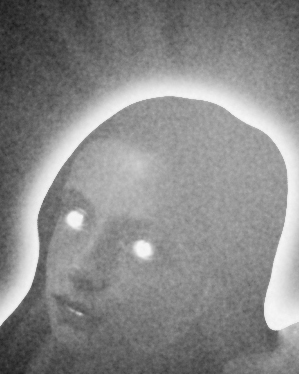| Ancient Times | Celestial Observation | People in ancient civilizations observed the skies, recognized patterns and stars. They noted the movement of celestial objects, identified constellations, and tracked celestial events. |
| Era of Early Astronomy | Planets and Moon Phases | Ancient Greeks and other early astronomers distinguished between stars and planets (“wanderers”), noted planets’ retrograde motion, and understood lunar phases. |
| Middle Ages | Astrolabe | The Astrolabe, a sophisticated tool used to measure the position of celestial bodies and to navigate, was refined. It greatly enhanced accuracy in astronomical observation. |
| Renaissance Period | Heliocentric Model | Copernicus proposed the Heliocentric Model, where the sun is the center of the solar system. This challenged the prevailing geocentric belief. |
| Early Modern Period | Telescope Inception | The telescope was invented, leading to a dramatic increase in the precision of astronomical observations. Galileo made many discoveries, including the moons of Jupiter. |
| 18th Century | Understand Gravity | Isaac Newton developed the law of universal gravitation, which explained the orbits of planets and their moons, laying the foundation for modern physics. |
| 19th Century | Spectroscopy | The science of spectroscopic measurement and analysis was developed, allowing astronomers to determine the composition of celestial bodies. |
| Early 20th Century | Galaxy Identification | Before the 20th century, the Milky Way was believed to be the entire universe. The discovery of other galaxies expanded our understanding of the universe’s size. |
| Mid 20th Century | Expansion of the Universe | Edwin Hubble’s observations led to the understanding that our universe is expanding, which is a fundamental part of the Big Bang model of cosmology. |
| Late 20th Century | Cosmic Microwave Background Radiation | The discovery of the cosmic microwave background radiation provided strong evidence for the Big Bang theory. |
| Early 21st Century | Exoplanets Orbiting other Stars | The first exoplanets were discovered orbiting other stars in our galaxy, leading to speculation about potential life on other planets. |
| Current | Gravitational Waves | The direct detection of gravitational waves confirmed a major prediction of Einstein’s general theory of relativity, opening up new ways of observing the universe. |

